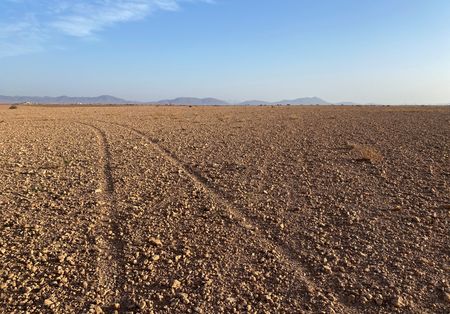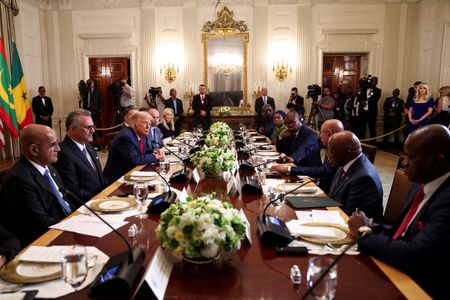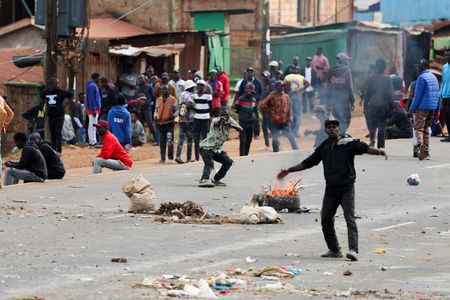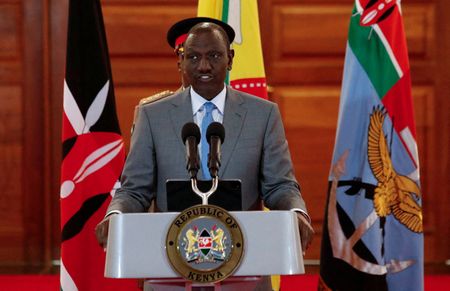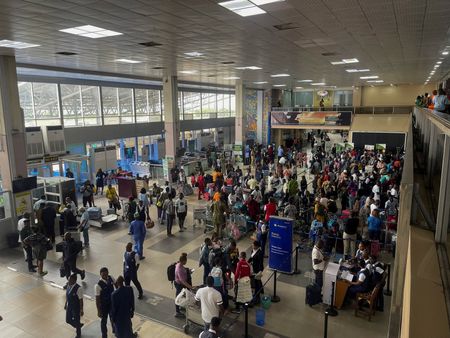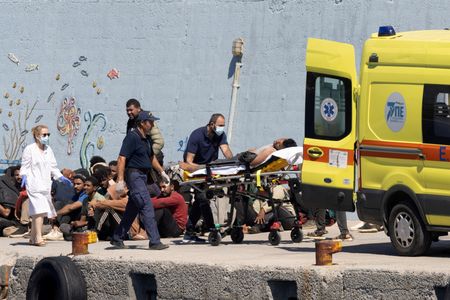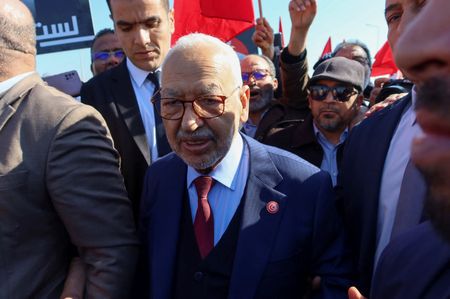By Ahmed Eljechtimi
RABAT (Reuters) – Morocco’s cattle and sheep herds have decreased by 38% compared with the last census nine years ago due to consecutive droughts, agriculture minister Ahmed El Bouari said on Thursday.
Six years of prolonged droughts have emptied Moroccan dams, caused mass job losses in farming and pushed the country to speed up its desalination plans.
Rainfall was 53% lower this year compared with the average of the last 30 years, El Bouari told reporters.
There was little pasture for livestock to feed on and consequentially a drop in meat production leading to higher imports of cattle and red meat, he said.
In its 2025 budget, Morocco suspended import duty and value added tax on cattle, sheep and camels as well as red meat to keep prices stable in the domestic market.
So far this year, Morocco has imported 124,000 sheep, 21,000 cattle and 704 tons of red meat, he said.
Irrigation dams in the key farming regions of Doukala and Souss-Massa were 2% and 15% full respectively, El Bouari said. The national dam filling rate had dropped to 26% as priority had been given to supplying drinking water to cities over farms, he added.
The planted area with the country’s main staple of soft wheat, durum and barley was 2.6 million hectares, up from 2.4 million hectares last year, he said.
Wheat output hinges “on the evolution of rainfall till the end of March,” El Bouari said.
Last year, drought slashed Morocco’s output of soft wheat, durum and barley to 3.1 million tons, down 43% a year earlier.
(Reporting by Ahmed Eljechtimi; Editing by Christina Fincher)

